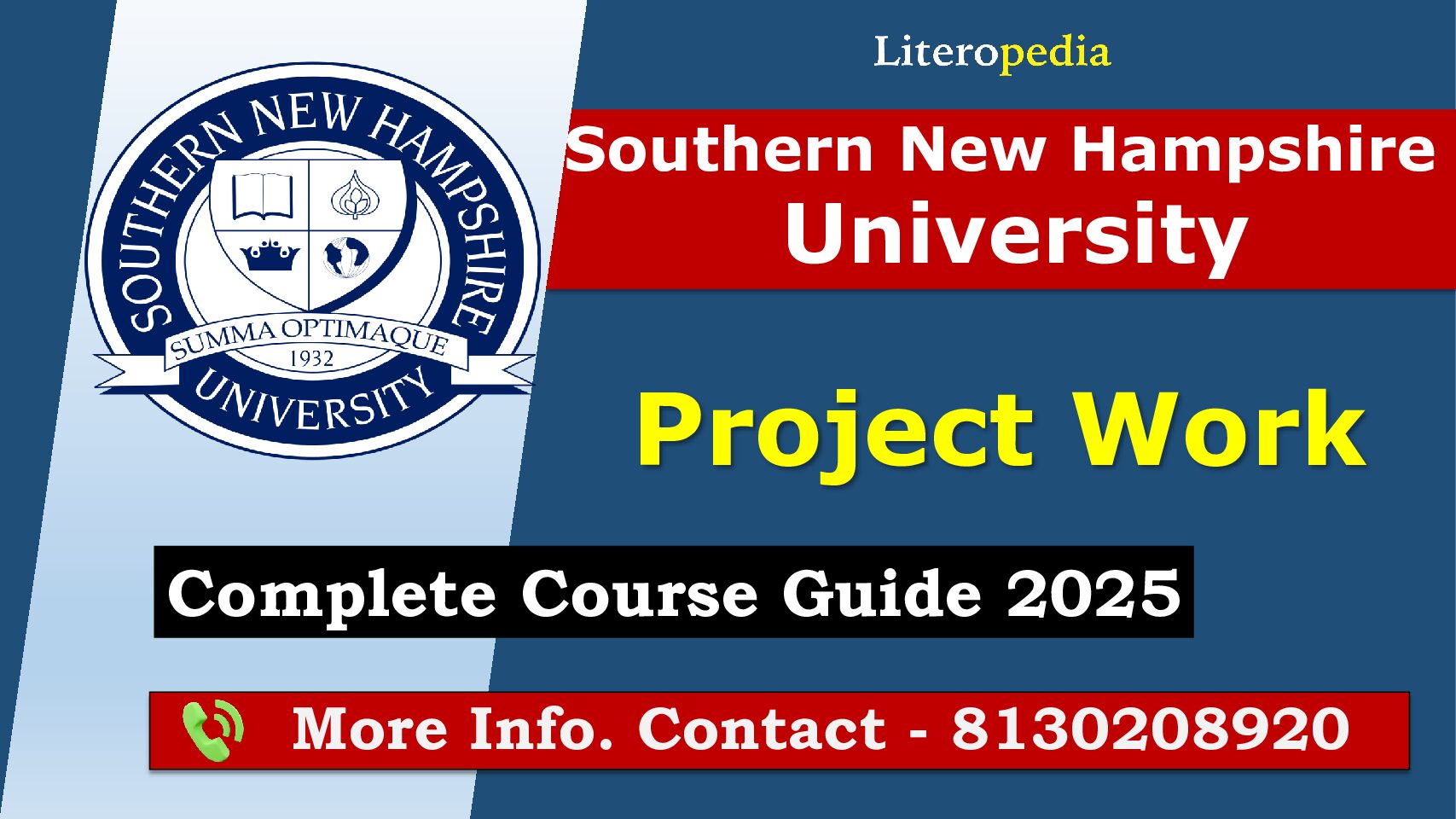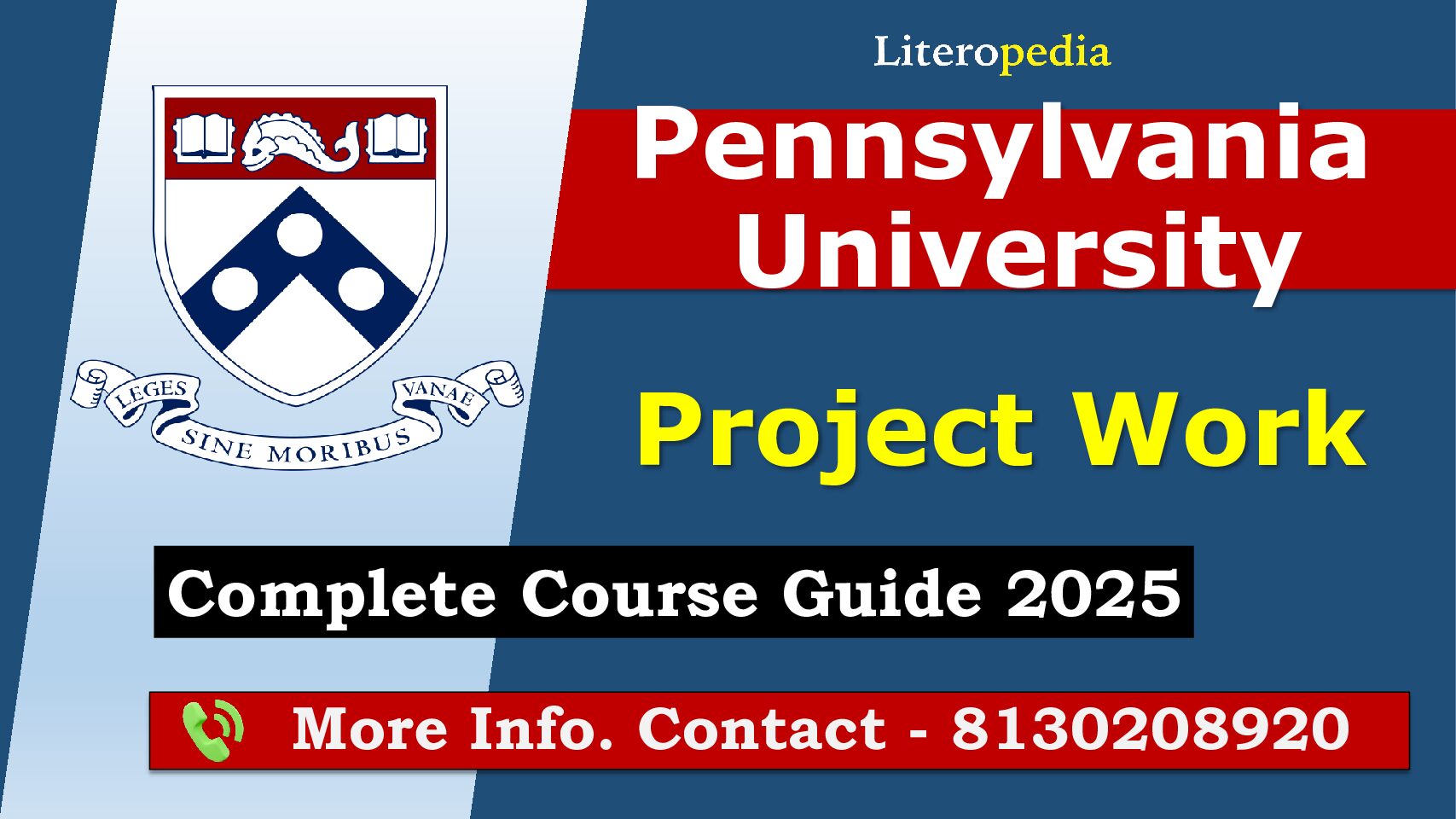Table of Contents
ToggleIntroduction
The Age Of Miracles Summary By Karen Thompson Walker The Age of Miracles by Karen Thompson Walker is a thought-provoking novel that explores the fragile nature of the human experience in the face of an increasingly uncertain world. Set in a near-future reality where the Earth’s rotation begins to slow, causing the days and nights to stretch beyond natural limits, the story navigates the psychological, emotional, and societal consequences of this phenomenon. Through the eyes of Julia, a 12-year-old girl, the novel captures not only the global crisis caused by the slowing of the Earth but also the universal coming-of-age story of growing up, dealing with the turbulence of adolescence, and learning to understand life’s deeper mysteries.
This deeply atmospheric and introspective novel is as much about the end of the world as it is about the beginning of understanding—both personal and universal. It delves into themes of fear, survival, and adaptation, while also focusing on the struggles of a young girl trying to navigate the complexities of family relationships, friendships, and first loves. By blending a dystopian premise with a coming-of-age narrative, Karen Thompson Walker offers a profound meditation on the human condition, the impermanence of life, and the ways in which we adapt to the unknown.
Summary of The Age of Miracles
The Beginning: The Earth Begins to Slow
The novel begins in a seemingly ordinary world, where 12-year-old Julia and her family live in suburban California. Julia is in the midst of adolescence, dealing with typical pre-teen concerns—school, friends, family dynamics, and the changing nature of her body. Her parents, though loving, are also experiencing tension in their marriage, which is echoed by Julia’s sense of insecurity and confusion.
However, this normalcy is upended when a scientific discovery is made: the Earth’s rotation is slowing. The phenomenon, referred to as “The Slowing,” causes days to lengthen dramatically. The lengthening of days and nights, combined with the gradual collapse of societal systems and natural rhythms, begins to have devastating effects on the world. Plants and animals, including humans, struggle to adapt to the new cycle, which grows increasingly unpredictable. Some people attempt to live according to a 24-hour schedule, while others follow the natural rhythm of the Earth, leading to a societal divide between “clock-timers” and “real-timers.”

This change marks the beginning of a global crisis, with entire ecosystems being disrupted, crops failing, and a sense of chaos sweeping through the planet. As the world grapples with the consequences of the Slowing, Julia’s personal life also mirrors the disintegration of the world around her. Her parents’ marriage deteriorates further, and Julia herself must face the complexities of growing up and confronting the inevitable changes of adolescence.
Read more
Julia’s Coming-of-Age
Amid the societal and environmental collapse, Julia grapples with the typical challenges of adolescence: the shifting dynamics of her family, her changing body, and the budding sense of independence that comes with age. Her relationship with her best friend, Hanna, begins to change as their interests and personalities diverge, and Julia’s first crush on a boy, Seth, introduces new emotional complexities into her life.The Age Of Miracles Summary By Karen Thompson Walker
As Julia navigates these changes, she is also forced to confront the increasing uncertainty of the world around her. The world is breaking down, and her personal growth is intertwined with the larger forces of global change. Julia’s reflections on the slowing days become a way for her to process the fears and uncertainties that she faces as a young person in a world that is no longer predictable or secure.
The Collapse of Society
The slowing of the Earth’s rotation creates widespread disruptions in the world. Time becomes unreliable, and people struggle to find a new way of living. While some people adapt to the longer days, others refuse to change their schedules and continue to live by the traditional 24-hour day. This division creates further social rifts. Governments attempt to manage the crisis, but their efforts are largely ineffective. The consequences of the Slowing are far-reaching—food shortages, the collapse of infrastructure, and the rise of chaos are just some of the issues people must face.The Age Of Miracles Summary By Karen Thompson Walker
Throughout the novel, there is a sense of the unrelenting passage of time, which is mirrored both in the global crisis and Julia’s own coming-of-age journey. The novel reflects on the way people struggle with the passage of time and their inability to control the forces that shape their lives. Julia’s awareness of the slowing days serves as a metaphor for the inevitable and uncontrollable passage of time in her own life.
The End of the World as We Know It
As the Earth’s slowing continues and society becomes more fragmented, Julia witnesses the collapse of her once-stable life. Her family becomes strained, and her parents’ marriage falters. In the face of this societal breakdown, Julia and her family make difficult decisions about survival. The loss of normalcy, coupled with the emotional upheavals of adolescence, leaves Julia with a sense of disorientation and grief.
Despite the global crisis, the novel focuses on Julia’s internal emotional journey. As she reflects on her life, relationships, and the changes she is undergoing, she begins to recognize that the world she once knew is slipping away, not only because of the Earth’s slowing but also because of the passage of time that marks her transition from childhood to adulthood.The Age Of Miracles Summary By Karen Thompson Walker
By the end of the novel, while the Earth’s slowing is not fully resolved, Julia learns to live with the uncertainty of the world. She finds a way to accept the idea that life—both personally and globally—is unpredictable, and that the best one can do is to adapt and keep moving forward. The novel closes on a note of tentative hope, as Julia comes to terms with the shifting tides of her own life and the world around her.
Themes in The Age of Miracles
1. The Passage of Time
The most significant theme in The Age of Miracles is the passage of time, both in the broader, global sense and in the more personal, individual sense. The Earth’s slowing is a literal manifestation of time itself becoming distorted and out of control. This leads to a sense of helplessness in the characters as they face a future that no longer feels certain. For Julia, the slowing is both a reflection of her own coming-of-age process and the loss of childhood innocence, where time begins to feel like something that cannot be managed or predicted.The Age Of Miracles Summary By Karen Thompson Walker
Read more
2. The Uncertainty of the Future
Another prominent theme is the uncertainty of the future, which is highlighted by the environmental collapse and the breakdown of societal structures. The slowing of the Earth represents an unpredictable force that affects every aspect of life, from personal relationships to global systems. As Julia grows up, she begins to realize that the future is not something that can be planned or controlled, and that the unknown is an inherent part of the human experience.The Age Of Miracles Summary By Karen Thompson Walker
3. Change and Adaptation
The novel explores how people deal with change, both on a global scale and within their personal lives. As the Earth’s rotation slows, individuals and communities must learn to adapt to the new rhythm of life. The rift between “clock-timers” and “real-timers” reflects the broader human struggle with change: some are willing to adapt, while others cling to old patterns and beliefs. Julia’s emotional growth mirrors this need to adapt, as she learns to navigate the shifting dynamics of her family, friendships, and identity.
4. The Deterioration of Relationships
The novel also explores the fragility of relationships. As society breaks down, so too does the family unit for Julia. Her parents’ marriage disintegrates under the pressures of both the slowing Earth and their personal issues. Julia’s friendship with Hanna also falters as they grow apart, and Julia’s burgeoning romance with Seth is tested by the changes in the world and within her own self. The theme of relationships being tested by external and internal forces is central to the emotional core of the novel.
5. Coming-of-Age
The personal journey of growing up is a key theme of The Age of Miracles. Julia’s transformation from a naïve young girl into a more introspective, aware adolescent is intricately tied to the changes happening in the world around her. The novel’s dual focus on Julia’s emotional maturation and the global crisis underscores the universal experience of growing up in an unpredictable and uncertain world.The Age Of Miracles Summary By Karen Thompson Walker

Conclusion
The Age of Miracles by Karen Thompson Walker is a hauntingly beautiful novel that blends dystopian science fiction with a deeply personal coming-of-age story. Through Julia’s experiences, the novel explores themes of time, uncertainty, adaptation, and the fragility of relationships. The Earth’s slowing serves as a metaphor for the unpredictable nature of both the natural world and the emotional journey of growing up.The Age Of Miracles Summary By Karen Thompson Walker
The novel’s powerful exploration of change, both personal and global, offers a profound reflection on how we cope with the unknown and the passage of time. Through its delicate balance of science fiction and literary fiction, The Age of Miracles captures the universal truth that life is uncertain, and the only way forward is to adapt, learn, and persevere.The Age Of Miracles Summary By Karen Thompson Walker
Read more
1. What is the premise of The Age of Miracles?
The Age of Miracles centers on the story of 12-year-old Julia, who lives in a world where the Earth’s rotation is slowing, causing the length of days and nights to become longer. As society grapples with this global phenomenon, Julia’s personal journey of adolescence and her changing relationships reflect the broader challenges of living in an uncertain, rapidly changing world.
2. What role does time play in the novel?
Time is a central theme in The Age of Miracles. The literal slowing of the Earth’s rotation represents the passage of time in a distorted and unpredictable way. This theme is reflected in Julia’s own coming-of-age journey, as she learns that time—both personal and global—is uncontrollable and uncertain.
3. How does the Earth’s slowing affect society?
As the Earth’s rotation slows, it causes widespread disruptions in the environment and society. People must adapt to the longer days and nights, leading to divisions between those who try to maintain the traditional 24-hour schedule and those who align their lives with the natural cycles of the Earth. The crisis exacerbates food shortages, environmental collapse, and social chaos.
4. What is the significance of Julia’s coming-of-age story?
Julia’s coming-of-age story is an integral part of the novel, mirroring the larger collapse of the world around her. As Julia deals with typical adolescent issues—family tension, friendship changes, first love—she also faces the emotional challenges posed by the global crisis. Her journey of self-discovery is tied to her growing awareness of the unpredictability of life and the inevitability of change.
5. How does The Age of Miracles explore the theme of uncertainty?
The theme of uncertainty runs throughout the novel, as both the Earth’s slowing and Julia’s personal transformation embody the unpredictability of life. The novel portrays how individuals, families, and societies must navigate an uncertain future, adapting to change and learning to live in a world that no longer operates according to predictable rules.
Related
A little less girl Short Story Summary of Sarah ThompsonIn "Short Stories"
How does Alice Walker use the concept of violence in The Color PurpleIn "English Literature"
The Miracles Of Your Mind BY Dr. Joseph MurphyIn "Book Review"

















